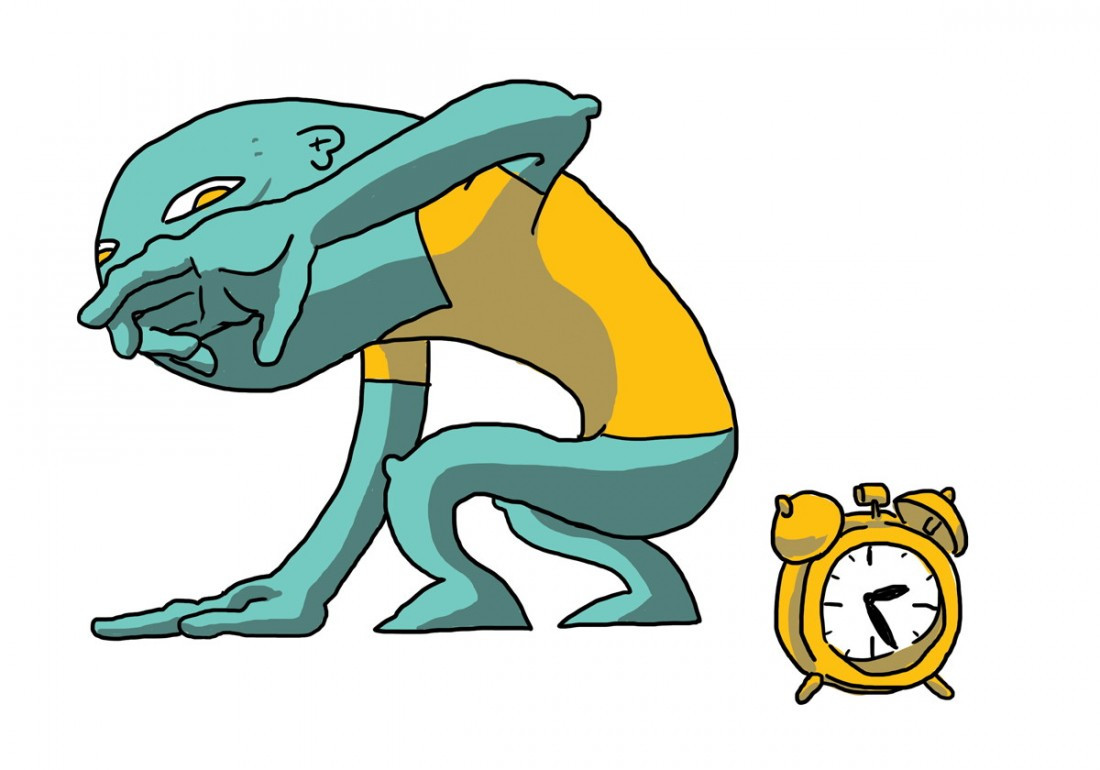Here comes the sun
Daylight savings can impact energy levels and break the winter blues
It’s time again to mess with the time.
Daylight savings is just around the corner so get ready to spring forward to longer days - but be prepared to lose out on a precious hour of sleep. Twice each year this curious convention spurs numerous questions: how does the change in the day affect us? Is it bad for your health?
Daylight savings (DST) begins Mar. 8 at 2 a.m. when clocks are moved forward by an hour. This can have a negative impact on energy levels, alertness and ability to focus, according to the Winnipeg Regional Health Authority and Dr. Sat Sharma, a former top sleep specialist in the city. Sharma credits the less than stellar mood many experience during DST to the confusion of our internal clock.
“It’s like jet lag where you’re all of a sudden going to sleep one hour earlier and waking up one hour earlier,” Sharma writes in an article for the WRHA. It takes about five days for our body’s internal clock to fall back into sync with the time clock, during which many people are left irritable and suffering from some degree of insomnia.
So what can students and other folks do to counteract these effects while many are feeling the stress of finals or are already coping with the winter blues and Seasonal Affective Disorder (SAD)?
Well, despite the disruption in sleep patterns, the increase in daylight hours has been shown to boost health and energy levels by encouraging outdoor activities like jogging, walking and going to the park. The increased daylight can also mean more sun-induced vitamin D, which around one-million Canadians who are suffering with SAD have been shown to lack.
And the more sunlight you can get, the better according to Taylor Demetrioff, director of youth programming at the Mood Disorder Association of Manitoba (MDAM).
Demetrioff also emphasizes the importance of consuming a healthy diet of vitamin-rich foods and getting lots of physical activity in helping people stay happy and healthy during the winter.
“Exercise is huge – this doesn’t have to mean going to the gym and lifting weights, it can mean walking around your house or outside just getting up and moving around makes a huge difference,” Demetrioff says.
Disconnecting from Netflix or your computer to socialize and talk with others can also be helpful if you’re feeling down during the winter months, Shawn Lebeteque, also from the MDAM, says.
“We have a variety of weekly support groups available including a drop-in leisure group on Wednesday nights that gets people out and doing things together like card games, board games, group walks and movies.”
On-campus resources for students who may be struggling with the winter blues, having trouble dealing with the time change or just need someone to talk to can be accessed in the United Health and Wellness Centre.
The centre has full- and part-time social workers and counselors available to students as well as four Elders-in-Residence as a part of Aboriginal Student Services. Students can contact Jill Hodgson-McConnell, the student intake and conduct manager at the centre for a brief consultation to explore the different options the centre has available to them.
Don’t forget to turn set your clocks forward one hour before you go to sleep on Sat., March 8.
Published in Volume 69, Number 23 of The Uniter (March 4, 2015)







